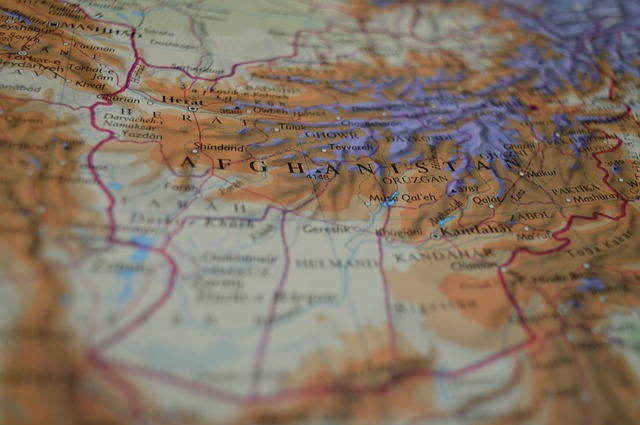What to Expect From Taliban Governance of NGOs
PUBLISHED: OCTOBER 2021
In September 2021, the Taliban took control of Afghanistan and reinstated the ‘Islamic Emirate of Afghanistan’ (the governing body of the previous Taliban rule from 1996-2001). The evolving and chaotic situation has raised grave concerns for the future of civil society and their work addressing the unprecedented humanitarian needs across the country. An estimated 18 million people are in need of humanitarian assistance and the situation will only become worse as winter approaches.
As recent examples have shown, the Taliban does not have the capacity or the will to address these humanitarian needs in addition to the ongoing demand for development assistance to protect and support education, healthcare, and the media. Civil society must play an important role to fill the gaps that the Taliban are not addressing. However, recent Taliban public promises to protect civil society and individual rights have not been reflected in their on-the-ground actions/inactions.
So what can we expect from the Taliban as they begin to govern civil society and NGOs in the upcoming months? This article, written by ICNL’s Vice President of Legal Affairs David Moore, discusses past examples of Taliban governance of NGOs and greater civil society during their 1996-2001 rule, to help anticipate the regulatory environment that is likely to take form.
During the previous Taliban rule, local and international NGOs faced insecure working environments, expulsion, extortion, restrictive registration requirements, and women workers were banned and their rights greatly curtailed. Anticipating a similar restrictive environment, the article outlines three strategic steps governments, donors, and international civil society can take to support Afghan NGOs moving forward:
- Prioritize assistance to civil society groups inside the country to enhance their resilience
- Recognize the importance of support for groups in exile
- Ensure the monitoring of legal and regulatory developments, including practical implementation and impediments, affecting civil society and civic space
As this article highlights, it is important for donors and international civil society to use lessons from the past Taliban rule to help ensure Afghan civil society can continue their work of providing much needed aid and assistance to vulnerable communities.
Click here to read the full article in Just Security.
Sign up for our newsletters
Sign up
